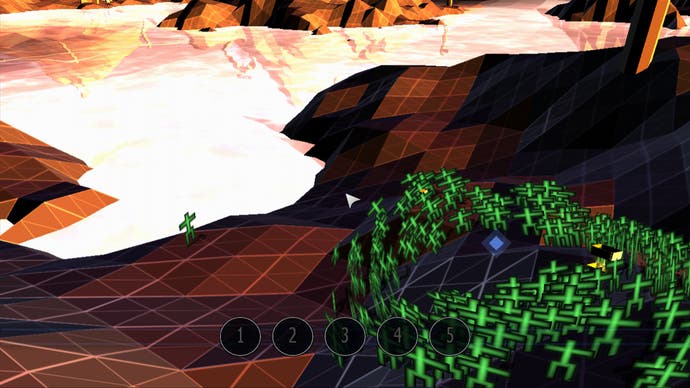The Ivory Tower
While game developers worry about next week's deadline, are academics building gaming's long-term future?
"Meanwhile we have, for example, a large visual image procesing group, some of whose projects are in some sense very game-like - things like surgery training tools. They wouldn't describe themselves as game researchers, but some of the things they do have absolutely direct transferability into the game world - in content generation, for example, or haptics."
Some of that may sound less than practical, but that should be expected, Kelly tells me. He defend's academia's reputation for sitting in an Ivory Tower well above the more mundane concerns of the commercial world. "You can take the perspective that because of [budget and hardware constraints], academic AI, for example, is no good to games. On the other hand, you can think of that relationship as being exactly as it should be.
"There are academics which are developing things which are not directly applicable, and there are people trying to solve things today, in a robust way, with limited resources - and they're navigating choices which have been mapped out by the academics."
It's the challenges of AI, in fact, which were among of the catalysts for Imperial to reach out to the games business. "There are real, tricky problems to be solved in the games industry which require techniques that AI isn't delivering yet. If we can deliver specifically for games, then hopefully those techniques can be used for every other domain," says Colton.
With that objective, he set up a network three years ago which would bring together researchers with the field. With around 250 members, two thirds of them academics and the remainder from the professional field, the Industry - Academia AI and Games Research Network (should have involved the chaps who came up with that snappy GaME backronym, really) has achieved some success in spanning the divide.

One of the primary successes has been to put Imperial in touch with games companies who are interested in working with academics to push AI research in useful directions. Three British firms, including Rebellion and indie legends Introversion, are co-operating with Imperial on funded research projects.
There was, however, a further, rather more mundane reason for Imperial to become interested in games. "We want to do things which demonstrate our own interest in things which lots of our students are interested in," admits Kelly. "For lots of grey-haired academics, games are a completely foreign world - we wanted to build some bridges there."
Working with games companies has been an "interesting rollercoaster", says Kelly. "Our early engagement showed that things were not right, that the games industry didn't have much of an idea of how they might engage with academics."
Part of that problem is straightforward. Focused on the next milestone, the next deadline or the next launch window, games companies rarely spend much time thinking about problems to which they don't know the solution - yet those are exactly the problems which get academics out of bed in the morning.
